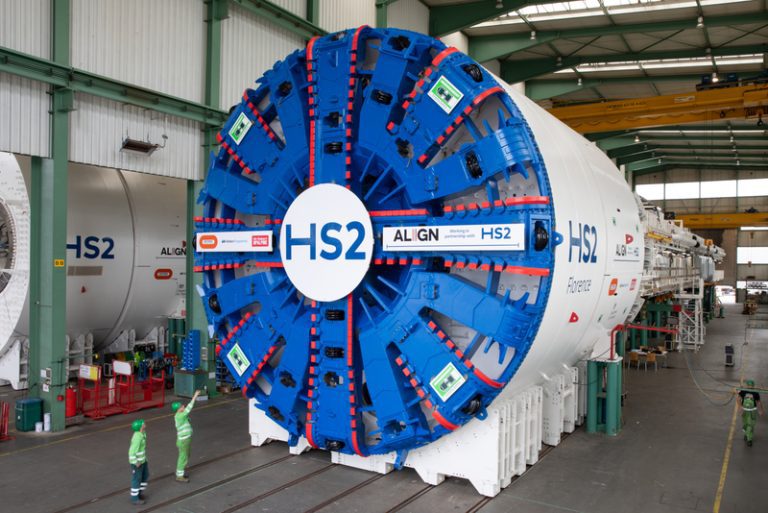J2 Innovations’ FIN Framework sits at the heart of many smart building, smart equipment and IoT projects which gives the management team a deep insight into industry trends. How we use and interact with buildings is changing. Now the rate of change has been dramatically accelerated by the experience of the COVID-19 virus and its repercussions, both good and bad. Industries across the board have been affected and have had to adapt how they operate. In building controls, the drive is towards remote work and management, digital processes, and increased automation. Remote work and management Many people are becoming familiar with working remotely and managers are realising that they need, or might want, to expand remote working to more people within their organisation. To keep up with the needs of occupants, building operators need the capability to manage buildings remotely at a macro level and through applications at a micro or personal level. This is true for large buildings but applicable to smaller buildings and portfolios. With technology like J2’s new FIN microBMS enabling plug ‘n’ play solutions for the small to mid-sized buildings market, it is becoming easier for multi-site organisations to efficiently manage buildings remotely. “The COVID crisis is accelerating building portfolio operators’ realisation that they need to be able to remotely manage their buildings more effectively, so the need for easier and more secure connectivity technologies will increase. The climate crisis is accelerating the transition to greener technologies, both in terms of renewable energy generation and a focus on reducing the carbon emissions from existing buildings by optimising the way they are controlled. In many buildings, the need to increase air change rates to reduce the risk of COVID transmission, has temporarily been prioritised over energy efficiency. But once the immediate crisis has passed, the HVAC industry will deepen its commitment to developing more advanced ways of maintaining good indoor air quality, while simultaneously minimising energy use. Air ionisation and mechanical heat recovery solutions are therefore likely to grow in popularity.” says Chris Irwin, VP of Sales EMEA, J2 Innovations An interesting aspect of working more remotely can be seen in the prefabricated buildings market. Because modular or prefab construction is more efficient and cost effective than building on-site, building off-site and delivering completed pieces of a building has become a growing trend in the construction industry. J2 Innovations is already seeing this trend extending to include controls, with more pre-installation during the off-site construction phase. Flexible spaces Building owners, particularly those operating in retail, will need to make their buildings more flexible and adaptable – victory and profits will go to the nimble. Despite the growing demand for on-line shopping, bricks and mortar spaces are still needed to service market needs that cannot be met on-line: cafés; gyms; hairdressers; entertainment and cultural venues; click and collect places, where customers can find services to rewrap returns, postal or delivery counters, instant clothing alterations, etc. These market demands cannot be delivered to your door and need safe and smart spaces. As retailers and hospitality companies adapt to these changes and consider omni-channel experiences, building owners need to rethink their offering. In-person shopping isn’t dead, it’s just different. “I expect an increase in demand for warehouses as many businesses will move from brick-and-mortar stores to the Internet where much of it will remain” says Michal Lom, Sales Manager Northern & CEE. “There is likely to be a shift from open plan to fewer offices with a higher quality of indoor environment as one of the lasting effects of coronavirus. This will result in the re-modelling of the interior and the overall upgrade of technology in the building”. There will be an increase in localized, shared workspaces as many people will work in home office mode, but not everyone has the conditions for it at home. Also, people are sociable creatures and need contact with others, which shared offices can offer them. Digital Processes If it can be and hasn’t already been transformed, 2021 will see ever more processes becoming digital: IoT, blockchain, big data, cloud computing, artificial intelligence (AI), and machine learning are the future. We must consider what this means for our own businesses and how quickly we can adapt, adopt, and apply to keep ahead of the market and the competition. For building operations, space must adapt and so must the services a building provides for comfort, safety, health, and security. Automation play an increasingly important role; bringing in machine learning, data management and analytics, cloud, and edge computing, IoT and, probably we will find applications for blockchain and AI too. “I believe we will continue to see a concerted and continued push to integrate and leverage the vast amounts of valuable data derived from Operational Technologies (OT) (i.e. manufacturing floor, building systems) into the Information Technology (IT) side of the enterprise. Most mature IT infrastructures already possess and maintain existing computing resources (servers, storage, networking, security) either deployed on premise or in the cloud. This infrastructure supports traditional mission critical IT enterprise applications. Use of existing IT infrastructure assets and the associated enterprise applications layer (e.g. SAP ERP, IBM Maximo for asset management, analytics platforms) enables OT data to be more seamlessly consumed, resulting in streamlined business processes, reduced cost, increased productivity and optimization of existing and future enterprise assets.” – Steve Glymph, Senior Director, Strategic Partnerships, J2 Innovations Investment in Interoperability VP of Engineering, Hisham Ennarah sees a greater focus on solving interoperability issues between devices and protocols. This issue has, for many years now, been of growing significance for the industry, but in 2021 big investments and more progress can be expected to solve it. “There are a bunch of initiatives to resolve the inter-connectivity problems we have in the building automation industry. I see investment from multiple organizations in this area of inter-connectivity between different protocols and frameworks. A good example of that is The Web of Things (WoT), an exciting initiative which is an open source standard being pioneered by Siemens.”














